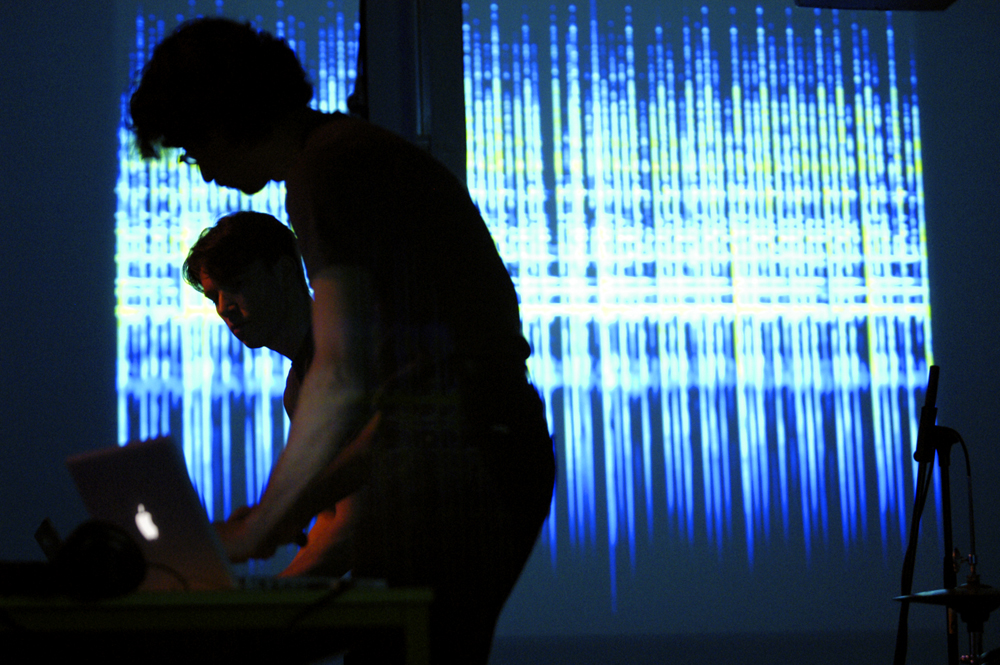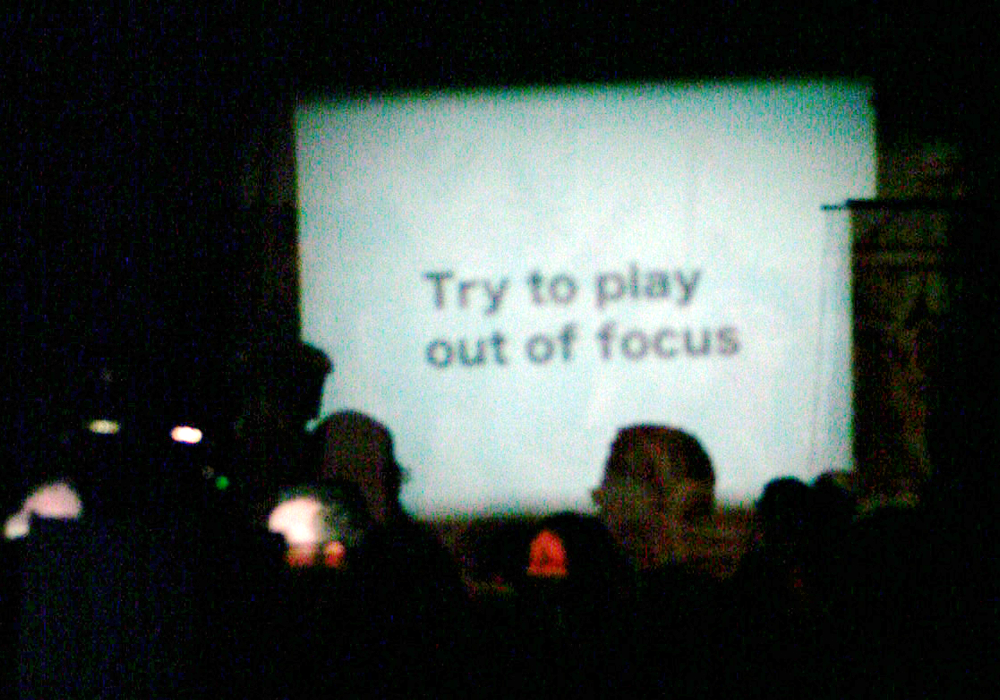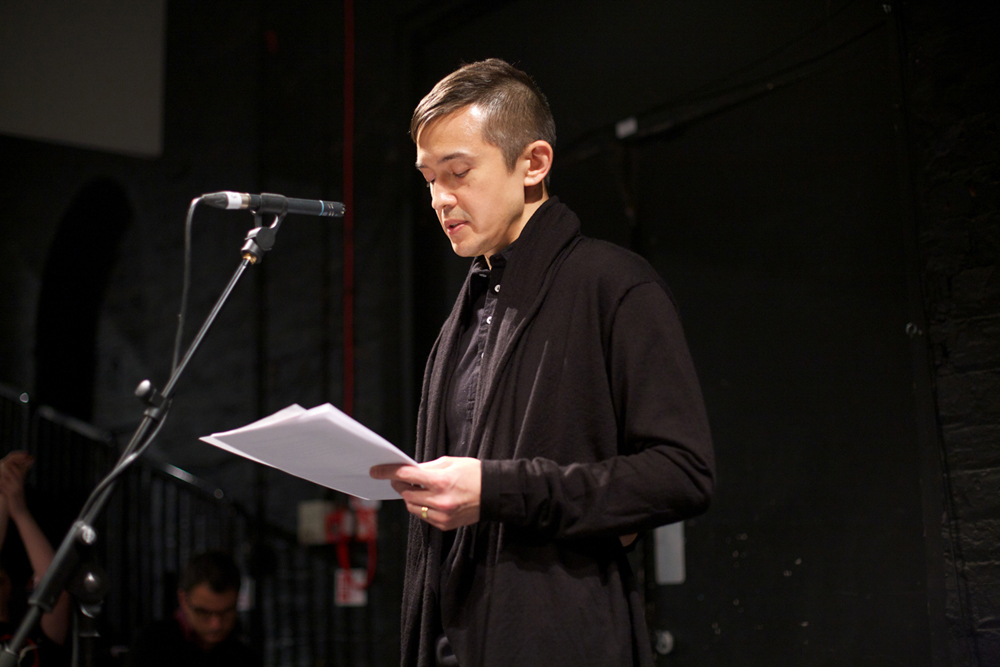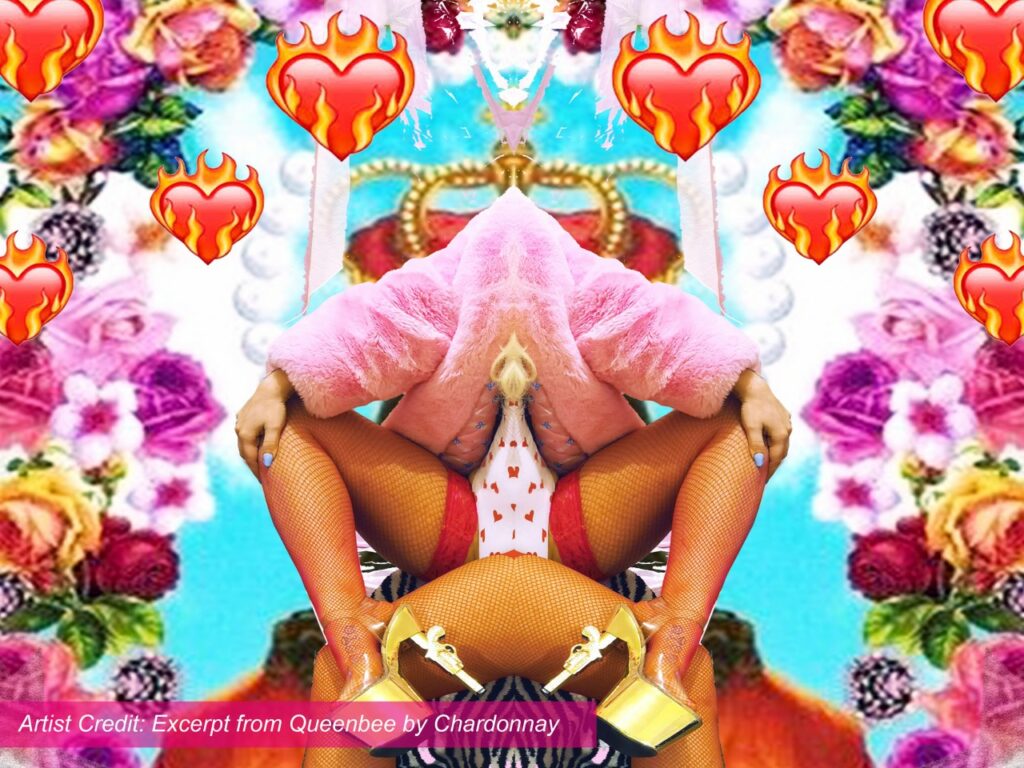
Robert Lippock
Robert Lippock
To Rococo Rot member Robert Lippok performing for the first time in the UK with his solo project.
Arika have been creating events since 2001. The Archive is space to share the documentation of our work, over 600 events from the past 20 years. Browse the archive by event, artists and collections, explore using theme pairs, or use the index for a comprehensive overview.

To Rococo Rot member Robert Lippok performing for the first time in the UK with his solo project.

Summing up of the investigations with a reflection on what has been done that week and what could be done the next.

Live ISDN drone performance resonating between Dundee and an empty Montreal Grain Silo.

A performance for projectionist, musicians and audience, which plays with references to Oscar Levant and Gershwin: apparently a series of small doses of chaos.

A chat with Eugene Thacker. Can we rethink the world as unthinkable, and without us?

How do people both inside and outside of prison work together to dismantle the criminal justice system and build a society based on collective care?

Includes: a classic of innovative computer graphics, ex-pat Scot McLaren on form, a riotous psychedelic oil show with a Soft Machine accompaniment, subtle manipulation of data feedback, a colourful road movie and a reworking of a lost Paul Sharits film.

Chip will read some of his great literary pornography, which pushes sexuality to the point of extremity and exhaustion.

Thought and action, writing and protesting. A chat with Nat Raha, KUCHENGA and Jackie Wang asking what can be learnt from writing across genres by agitators, activists and abolitionists?

Nina’s going to talk about November, by Hito Steyerl: what and how the film thinks, or about what and how it might makes us think (which is connected, but not the same thing), by watching, and it discussing (with you?).

A back and forth between Fred and Fernando on the transits and obstructions between mathematics and poetics, and how both help us to think from the other side.

An evening of live performances, readings & saucy rococo cakes celebrating the launch of Truth and Lies – An Anthology of Writing and Art by Sex Workers.